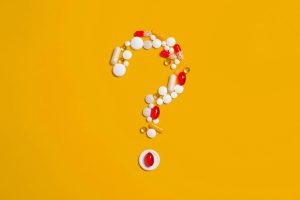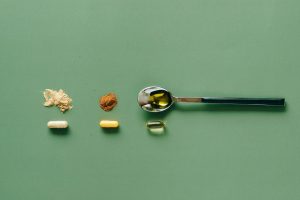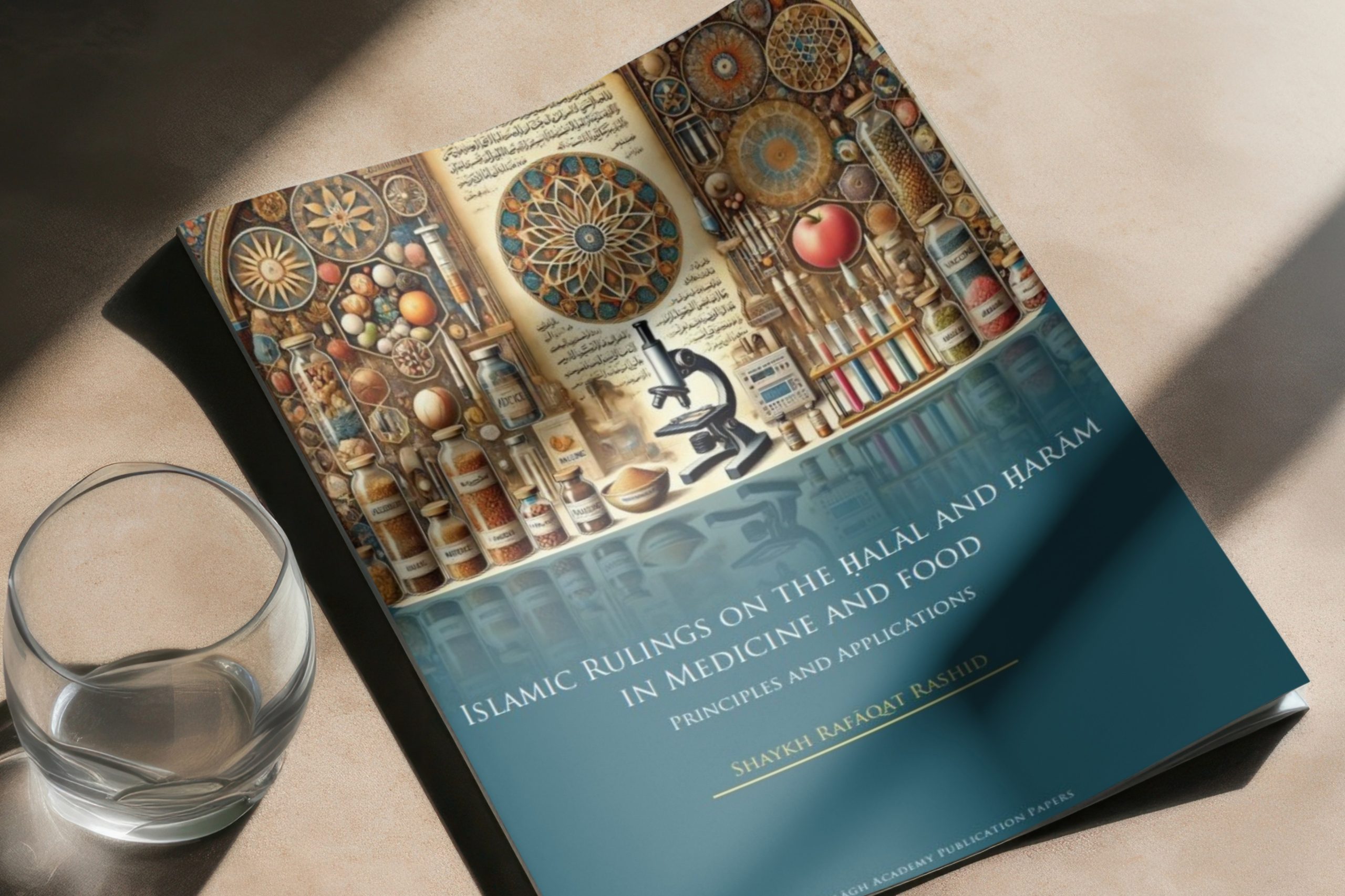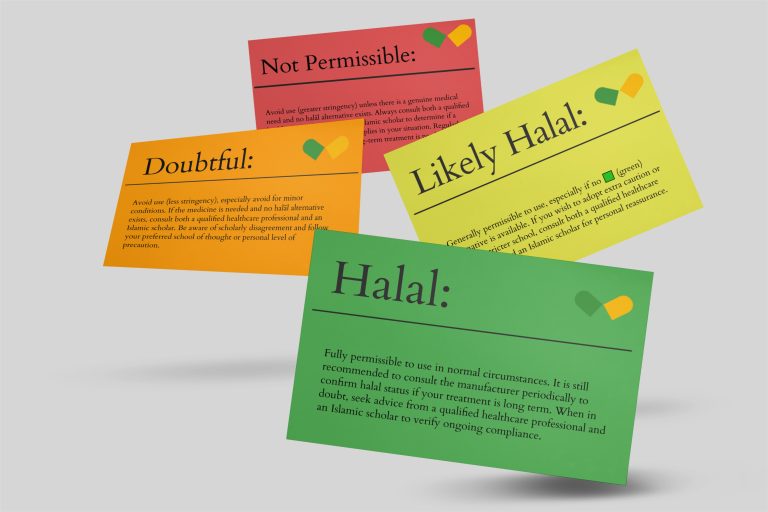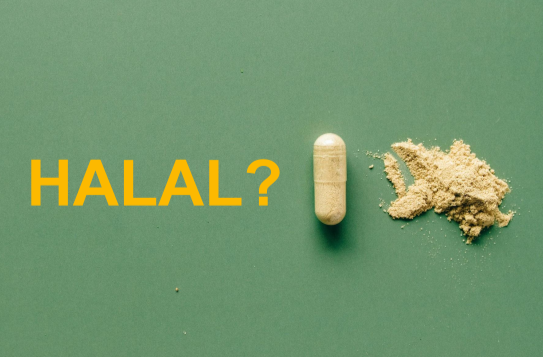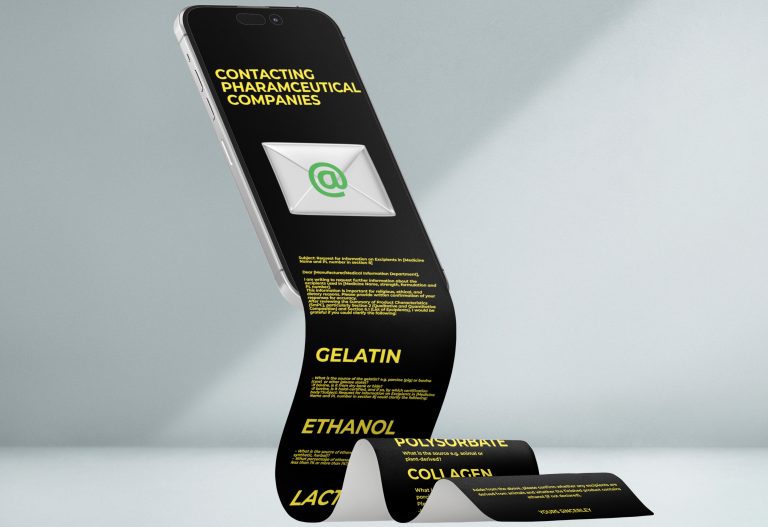Conditions for permitting an impermissible medicine
For a medicine or medical intervention that is otherwise impermissible to become permissible, all five of the following conditions must be fulfilled.
If all five are met → its use is permissible.
If any one condition is not met → its use remains impermissible, and a halal alternative must be sought.
1.
1. The condition must have sufficient medical necessity (i.e., more than minor)
swipe to read more
1. The condition must have sufficient medical necessity (i.e., more than minor)
The illness or medical indication must be significant enough to affect one’s health, well-being, or function — or have the potential to do so if left untreated.
Minor or self-limiting ailments (e.g., a mild cough or temporary discomfort) do not generally justify the use of impermissible medicine.
Ultimately, this determination should be made by a qualified healthcare professional (HCP) who can assess the clinical necessity and proportionality of treatment.
2.
The medicine or intervention must be proven to be effective
swipe to read more
2. The medicine or intervention must be proven to be effective
There must be evidence-based proof or strong expert consensus that the medicine is effective in treating, alleviating, or preventing the condition in question.
Consult an impartial prescriber — ideally a practising Muslim clinician — to ensure the medicine aligns with current clinical standards and demonstrates reasonable therapeutic benefit.
3.
The benefits must outweigh the harms
swipe to read more
3. The benefits must outweigh the harms
The anticipated medical benefits must clearly outweigh any known or potential harms, side effects, or risks associated with its use.
This assessment should be made by a qualified HCP, based on sound clinical judgment and the best available medical evidence.
If the potential harm outweighs the expected benefit, the medicine remains impermissible.
4.
No readily available halal alternative of equal or greater clinical suitability
swipe to read more
4. No readily available halal alternative of equal or greater clinical suitability
If a permissible (halal) medicine or intervention exists that is equally or more effective, safer, and clinically suitable, it must be used instead.
Only when no such alternative is available — and the impermissible medicine offers the most appropriate or superior option in terms of effectiveness, safety, pharmacokinetics, or overall clinical utility — does its use become permissible.
5.
Permissibility remains only as long as a valid medical indication persists
swipe to read more
5.
Permissibility remains only as long as a valid medical indication persists
The use of the impermissible medicine is allowed only while there is an ongoing or valid medical need — whether active illness, chronic condition, or preventive indication (e.g., vaccination).
Once the prescribed course is completed or the indication no longer exists, the temporary permissibility (rukhsah) ceases unless a qualified clinician advises continuation for ongoing benefit or risk reduction.
If all five conditions are met → it is permissible to take the medicine even if it contains a haram ingredient or excipient.
If all five conditions are not met → it may not be permissible to take the medicine. It is advisable to seek halal alternatives. To understand this further, please scroll down to STEP 2 and continue reading until the end of our guide on: ‘What to do if a medicine contains ingredients and/or excipients from haram sources‘ link.
⚠️ Important information for patients
- Always take or use your medicine(s) exactly as directed or prescribed by your healthcare professional (HCP), such as your doctor or pharmacist
- Do not stop, delay, change or alter the way you take or use your medicine(s) without first discussing it with the HCP who prescribed or supplied it to you
- Always consult your HCP if you have any questions or before making any decisions about your treatment
- For Islamic guidance, seek advice from your local Imam or a trusted Islamic scholar – ideally someone with relevant knowledge and expertise in the fiqh (Islamic rulings) of medicines
- Use the information gathered to make an informed decision together with your HCP and, if needed, your local Imam or trusted Islamic scholar.
Disclaimer
- This resource is for educational purposes only – it is not clinical, medical or professional healthcare advice and it does not replace clinical judgement or religious guidance
Always consult your doctor, pharmacist, or healthcare provider about your own medical conditions or for treatment advice
Healthcare professionals remain responsible and accountable for their own practice.


